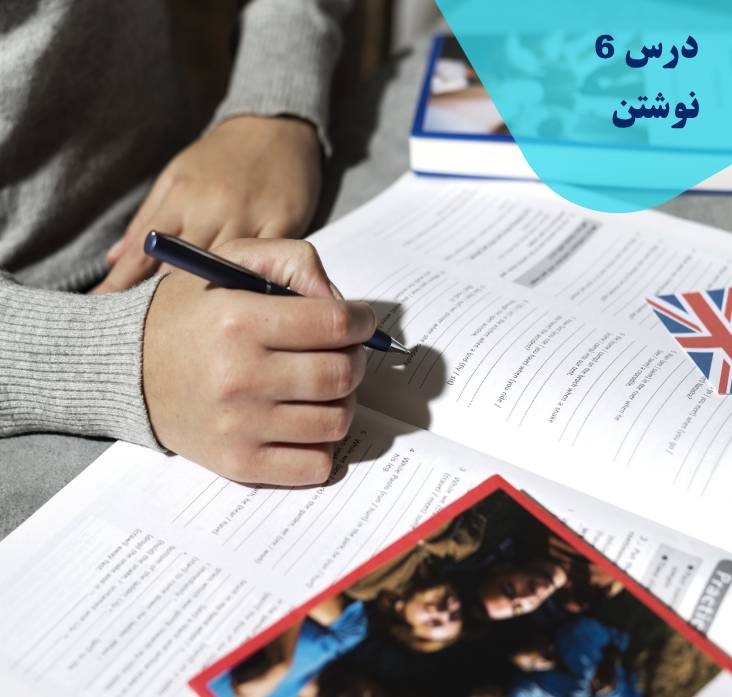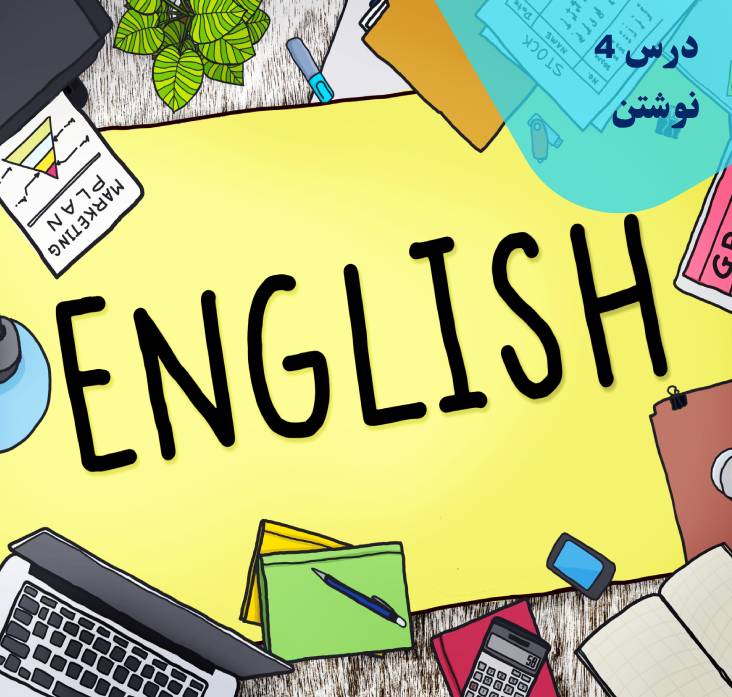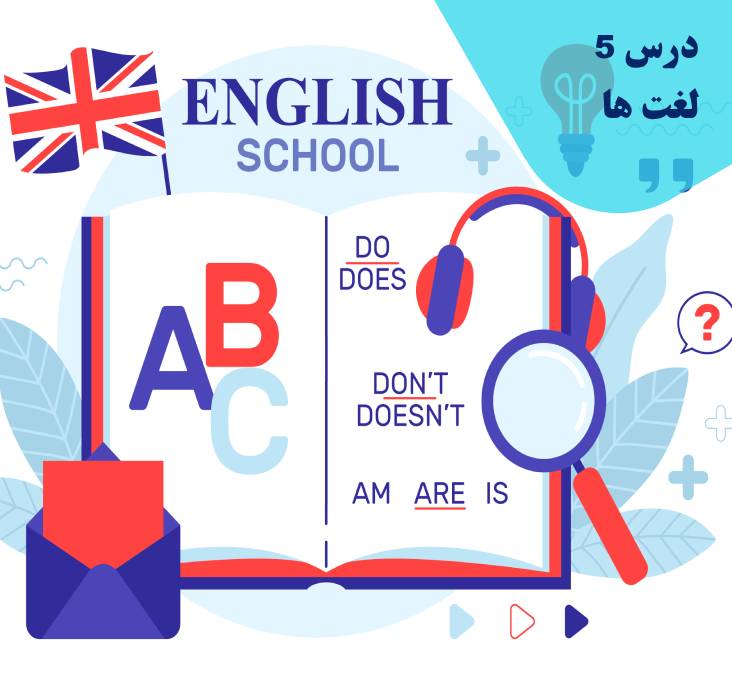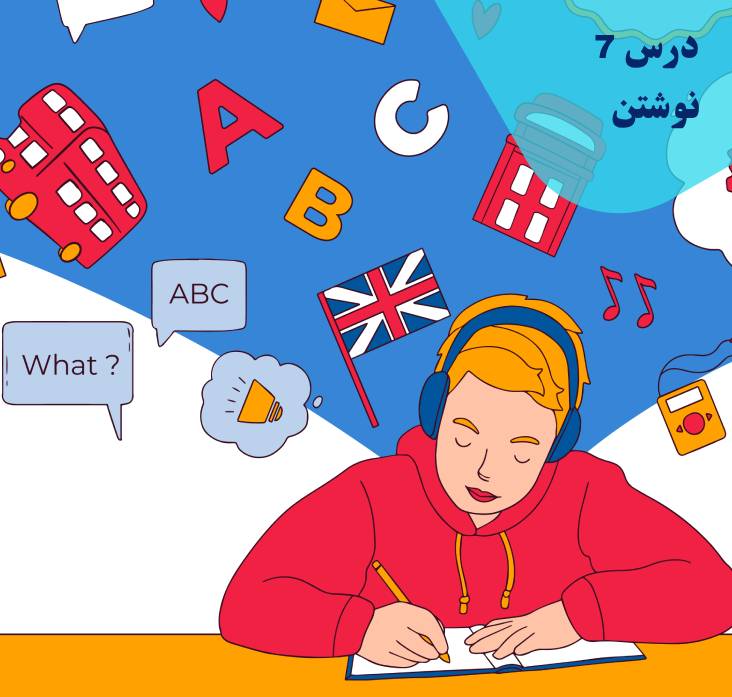داستان های خبری

در این درس یاد می گیرید چطور در مورد اخبار و داستان های خبری صحبت کنید و نظرتان در مورد آنها را با دیگران به اشتراک بگذارید.


A: In my opinion, news bloggers don’t provide real news. They write opinions, not facts.
B: I’m not sure that’s true. A lot of bloggers are really newspaper writers.
الف: به نظر من، وبلاگ نویسان اخبار واقعی را ارائه نمی دهند. آنها نظرات می نویسند نه واقعیت ها.
ب: مطمئن نیستم که درست باشد. بسیاری از وبلاگ نویسان واقعا روزنامه نویس هستند.

A: Who were you sailing with?
B: I was sailing with some friends.
الف: با چه کسی دریانوردی می کردید؟
ب: با چند نفر از دوستانم دریانوردی می کردم.
تمرین
Student A
A- Ask your partner these questions.
1- What news sections are you interested in? Why?
2- Have you gotten the news today? [If yes, ask:] How did you get it: online, on TV, on the radio, or from a newspaper? [If no, ask:] Why not?
3- Were you interested in the news when you were younger? Why or why not?
4- Have you ever read a news story about someone who survived a dangerous situation? What do you remember about the story?
B- Now answer your partner’s questions.
Student B
A- Answer your partner’s questions.
B- Now ask your partner these questions.
1- What news sections don’t interest you? Why?
2- How do you prefer to get the news: online, on TV, on the radio, or from a newspaper? Why?
3- Were your parents interested in the news when you were younger? Why or why not?
4- Have you ever read a news story about someone who was rescued from a dangerous situation? What do you remember about the story?
Student A and Student B
C- Student A: Choose one of the news articles below and tell your partner about it. Then answer your partner’s questions about the story. Use your imagination to answer some of them.
Student B: Ask your partner the questions about the news article.

D- Student B: Choose one of the other news articles and tell your partner about it. Then answer your partner’s questions about the story. Use your imagination to answer some of them.
Student A: Ask your partner the questions about the news article.
پاسخنامه
A- Student B’s own answers- Sample answers:
1- I’m interested in technology, business, sports, entertainment, local, and world. I’m a computer programmer, so it’s important for me to learn about technology, but I also like to know what’s going on – in the world and in my city.
2- Yes, I have. I read it online. / No, I haven’t. I usually watch the evening news on TV.
3- Yes, I was, but only the news about movie stars and pop singers. / No, I wasn’t. I was more interested in chatting with friends or watching movies on TV.
4- Yes. I read the story about a man who survived several days in a cave. He was rescued by his friends. / No, I don’t remember ever reading a news story like that.
B- Student A’s own answers- Sample answers:
1- I’m not very interested in the sports section. I don’t like sports much.
2- I like to listen to the news on the radio when I’m going to work. I feel I’m getting something done while I’m sitting in traffic.
3- Yes, they were. Knowing what was going on in the world was important to them. / No, they weren’t. They were too busy with their jobs and our family.
4- Yes, I have. I read about a girl who was rescued in the ocean two months ago. She couldn’t swim back to the beach. Two men swam out and rescued her. / No, I haven’t.
C / D Student A / B’s answers- Sample answers:
Story 1
1- She fell into the river.
2- She was taking a walk with her dog.
3- He barked, and some people heard him and rescued the girl.
4- I think she felt very happy that her dog helped save her.
5- I think she’ll be more careful near the river.
Story 2
1- It overturned.
2- There were 40 passengers.
3- They arrived 20 minutes after the accident.
4- I think he felt worried about the passengers and about losing his job.
5- I think he’ll drive more carefully.
Story 3
1- They were chased by a bear.
2- They were eating lunch.
3- It happened last weekend.
4- I think they felt very scared.
5- I think they’ll hike in a different area next time.



